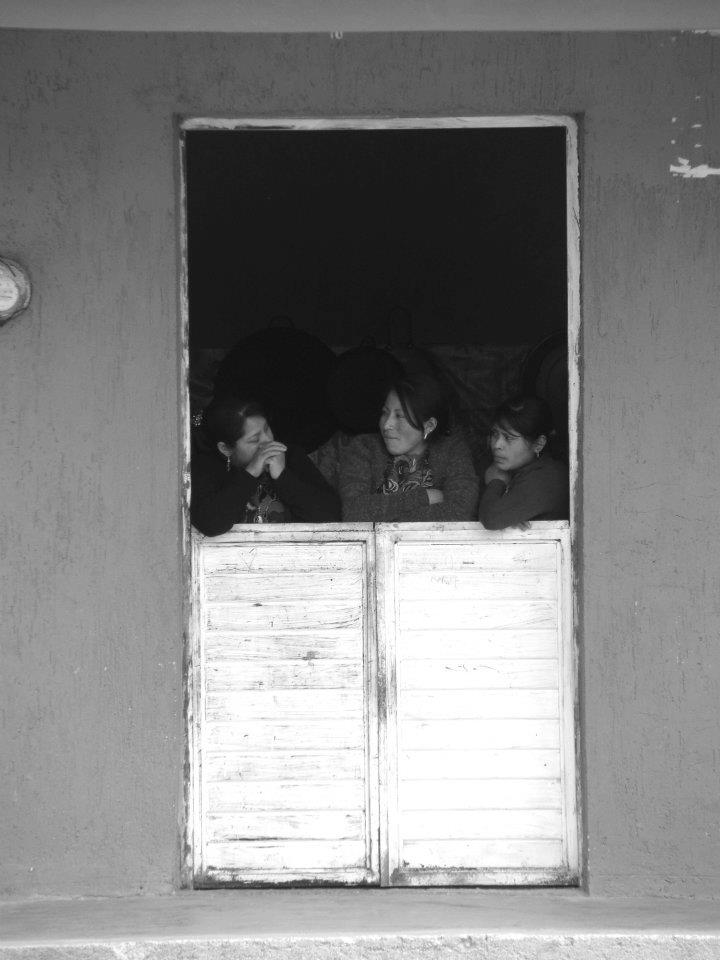
Perhaps the most serious factor in the crisis of violence that Chiapas is suffering from is the breakdown of its social fabric. Towns, communities and organizations suffer within themselves from an increase in anxiety and mistrust, exacerbated by social programs that cause constant tensions and conflicts when operated by local corporate groups.
Some of these bodies, now even heavily armed, have been encouraged by different levels of government to implement population control strategies, giving them other legal or illegal benefits, in addition to government subsidies, such as mining or transportation concessions and de facto permits to traffic weapons, people and drugs, as the Fray Bartolomé de las Casas Center for Human Rights has documented.
“In the midst of all this scenario, it is regrettable that the governments, both federal and state, have a denialist attitude towards violence in Chiapas,” says Carlos Ogaz. Said denialism, explains the Frayba defender, implies that society lacks “effective tools to generate care routes towards lasting peace in the territories.”
Beyond the sinister official disdain, Ogaz is emphatic with Chiapas society itself: “Denying violence or minimizing things is not going to get us anywhere. It is very important to contribute to the social fabric, to the reconstruction of the fabric of the community feelings of the people hurt by violence. Militarization and social programs are not going to lead to a lasting solution, that has been proven.”
In Frayba’s experience, militarization usually implies two things: the first is a deepening of serious violations of human rights and the second is that it opens the door to the infiltration of territories by organized crime.
In addition to this, social programs, when implemented by interests external to the communities, cause greater conflict. “It is important to implement a mechanism of care according to the peoples with technical teams that emerge from they themselves. We must contribute to the reconciliation of peoples, promote dialogue, but what is urgent is the dismantling of the armed groups that are acting, because as long as this violence is constant, access to peace, security and a life free of violence recedes.”
Original article by Diego Enrique Osorno at Milenio on May 1, 2024.
Translated by Schools for Chiapas.
